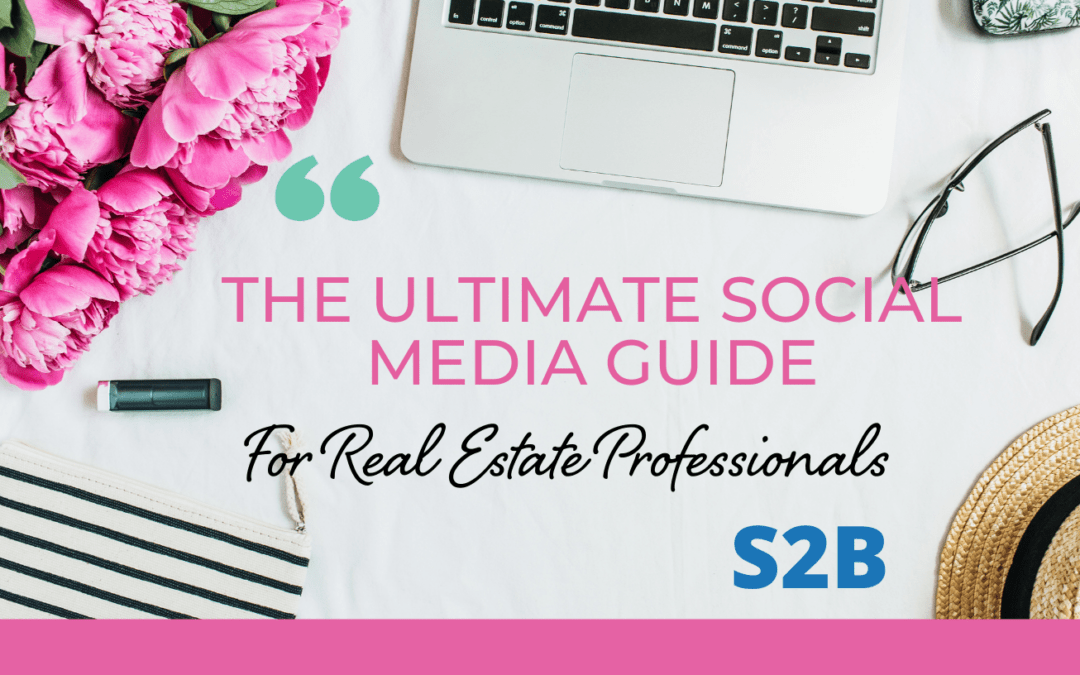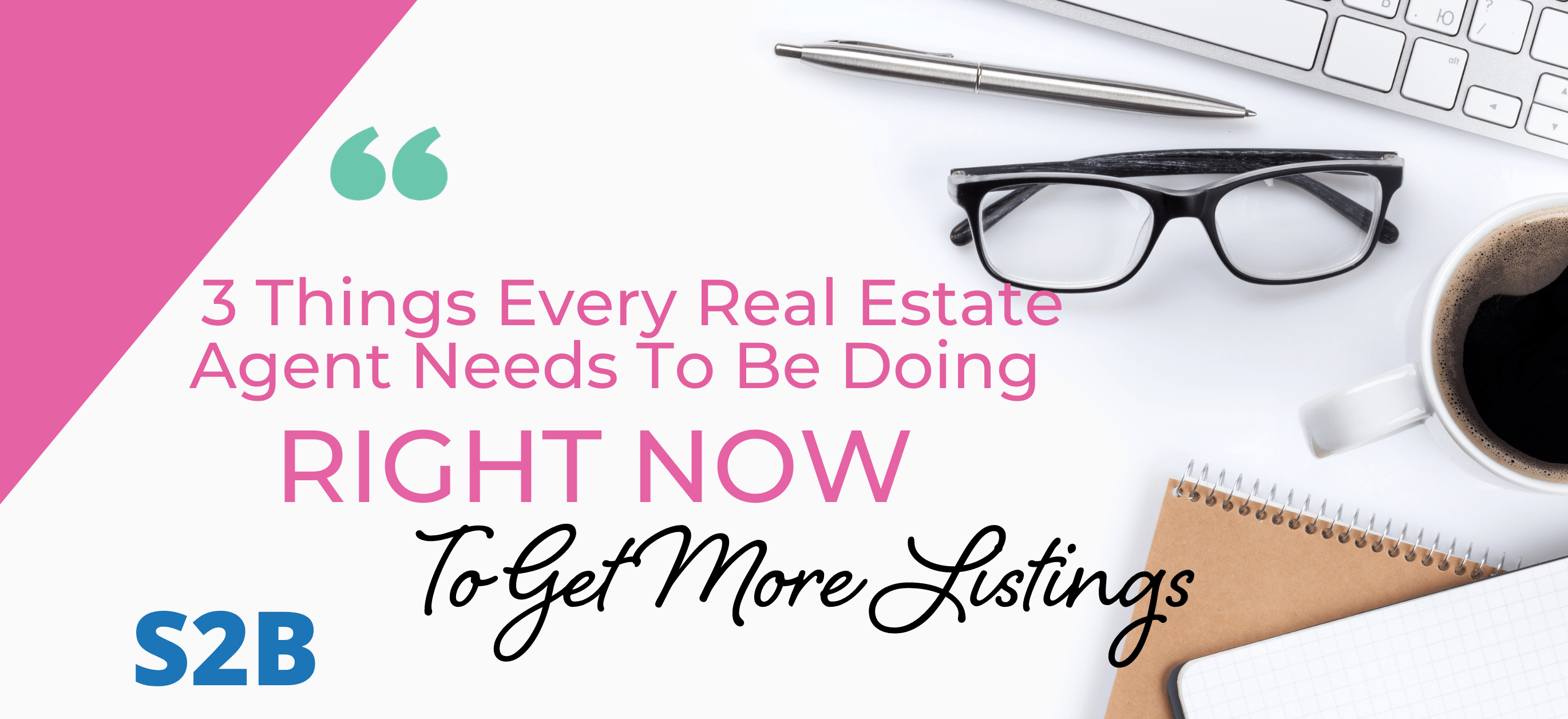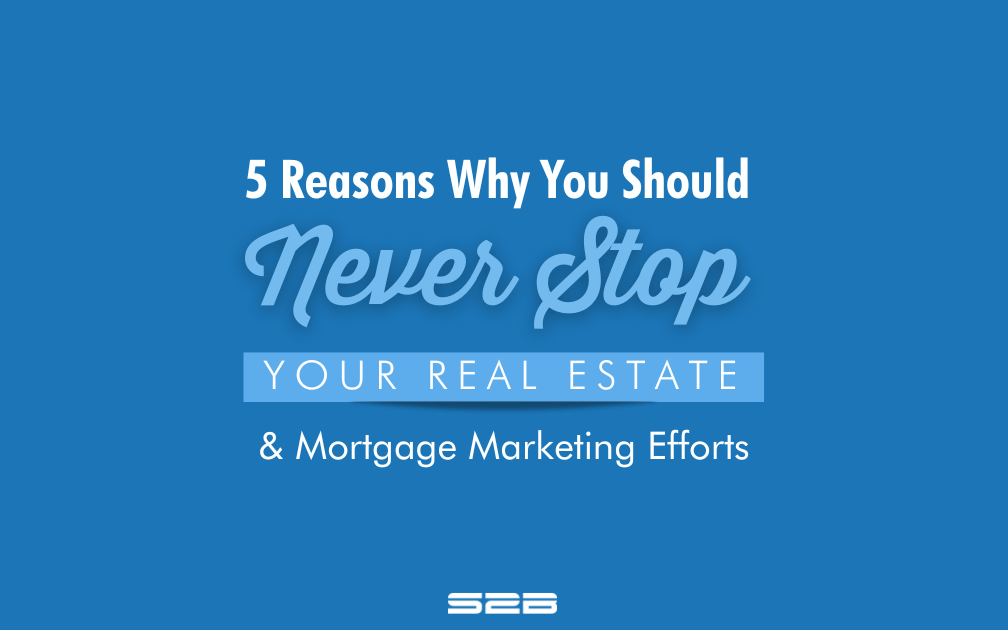If you’re a real estate professional, then you’ve heard all about how social media is a must for your business. Yet, it’s easy to make an honest mistake with your social marketing in a fast-paced, ever-changing world. The last thing a broker or real estate agent wants is a violation stemming from social media marketing or digital advertising. There’s a lot of information available regarding this subject, but luckily, our experts have compiled the ultimate social media compliance guide for real estate professionals. With tips direct from the DBR, NAR, and other industry experts, read on, and you’ll be rocking your social media in no time!
A Quick Note
Before we begin, it’s important to note that every state may have different guidelines and regulations, changing over time. You should be familiar with those for each state in which you are licensed – in this blog; we are focusing on Rhode Island. We also highly recommend that every broker have their own in-house, detailed policy for using their branding and provide training for all agents and employees that intend to use it. Suppose you have a social media or marketing manager. In that case, that person should also be knowledgeable of all the regulations for each state, along with basic Trademark law, State, Local, and National Association of REALTOR policies, National Real Estate codes, and, if applicable, the parent real estate company’s policies. While some businesses may choose habits and practices that may be more stringent than what is legally required, at a minimum, you should be familiar with the current accepted codes and policies.
The Basics
Before we dig in, let’s get familiar with a few key players and what they can and can’t do.
Real Estate Sales Agent: Someone who has sat through the classes, passed the state exam, and has a valid, current license to participate in buying, selling, renting, and leasing transactions. They are not allowed to refer to themselves as Realtor®.
Realtor: Realtors® are real estate sales agents that are also members of the National Association of REALTORs (NAR) and subscribe to the NAR Code of Ethics for all Realtors®. They are allowed to refer to themselves as Realtor® and use the branded “R” logo.
Broker: An individual who has gone to additional schooling and has a bond in their name for the Broker license. They carry a greater level of responsibility, as their license is on the line through every action undertaken by every agent operating under their Broker license. When Realtors® or agents sign a buying or selling transaction, they are doing it in the name of their brokerage.
Designations: There are additional designations that Realtors® and agents can acquire – such as GRI, SRES, ABR, and roughly 17 more. These are usually associated with additional education that the agent has completed. Some agents use these for marketing distinction to stand out from the crowd. Some of these require a yearly membership and/or dues to continue use, so if you do not maintain that, you cannot represent yourself with that designation.
Hot Buttons
Now that we understand some of these key roles, let’s talk about some real estate hot buttons to keep in mind:
Compliance: Compliance is an important issue because it is critical (and ethical) that all parties to a transaction understand the role of the individual with whom they are interacting and have the means to understand their company/brokerage affiliation. Everyone should understand that a particular licensed professional is affiliated with a specific broker, so if a complaint should arise, the parties have enough identifying information to lodge that complaint. We’ll later get more detailed on how to designate your individual and team affiliations from your brokerage.
NAR (National Association of Realtors®): If you are a Realtor®, you can represent yourself as such and use the “Realtor R” logo – which is different from the registered mark. When using the term Realtor®, it should always have a capital R and have the ® mark after it.
Fair Housing: Fair housing is a complex issue in real estate, but it is important to note that all clients and potential clients should be treated the same regardless of race, color, sex, religion, sexual orientation, disability, and any other protected classes on a state and federal level. Your social media should reflect this, right down to using photos to depict different types of people from different races, orientations, sex, handicap, etc.
ADA (Americans with Disabilities Act) Compliance: In addition to all these other compliance issues, ADA compliance applies to everything visual. Get to know how this will affect your social media and your business.
Rhode Island Real Estate Requirements: RIAR (Rhode Island Association of Realtors) offers a great resource called “10 Ways to Make Your Social Media Legit.” If you are affiliated with RIAR, you can access that here.
Using your brokerage information. Are you hiding or omitting your brokerage name on social media posts? This is probably the biggest challenge – and easiest to correct. According to RIAR, you must include the broker’s name in all advertising, including signs, social media, websites, print, radio, television, and any other media – and it must be more prominent than the salesperson’s or team’s name. However, according to a NAR study, more than 27% of the respondents admit that they do not include their brokerage name in their marketing. This is a direct violation of the REALTOR® Code of Ethics – and likely a violation of your state’s laws and regulations, depending on where you live. When posting on social media, be sure to include the proper logo approved by your brokerage. Agents should review social media ads and posts to ensure all necessary information is included. You may want to consider sharing tips about what’s required under your state’s laws in an email to your team. Teams are allowed to use a logo of their own but must display their brokerage’s logo above (and larger than) their own.
Essential social media practices for real estate agents and brokers
With all the information, guidelines, and laws, it’s easy to wonder how to navigate these waters without making a mistake. Besides the clear and distinct rules for identifying agents and brokerages, here are some key points to keep in mind:
- Make sure that your advertising is clear, accurate, and doesn’t contain any misleading information. For example, if you are advertising your brokerage as #1, provide a basis for that – for example, “as voted by the Providence Journal Readers’ Poll, 2021.”
- Avoid any words, phrases, or statements that could violate the Fair Housing Act. It is important that descriptive writing is carefully managed. For example, saying that the “beach is .2 miles away” instead of “beach is in walking distance.” You might also want to avoid the popular terms she-shed/man-cave, family-friendly, master bedroom (instead use primary bedroom), and multi-family (instead use multi-unit).
- Anything that is written must be verifiable, factual, reliable, and proven. Otherwise, you could be held liable for that information. When conveying information, being the “source of the source” is a good practice – you can quote a valid, reliable source (such as NAR) to show that the information you are presenting is fact and not opinion. For example, instead of saying a “neighborhood is safe,” you could quote low crime statistics from the local jurisdiction.
- If you are using data from the MLS, use an MLS disclaimer. In RI, you are required to report your listings to the MLS before advertising or within 24 hours of posting a sign.
- Brokers and agents can take responsibility for their business by approving or supplying approved content for social media sites. Suppose you are hiring an outsourced social media manager who does not have extensive knowledge of real estate policy and regulation. In that case, you should also hire someone to approve all content before it is released.
- Discuss your broker identification and how it must be displayed on every post that pertains to buying, selling, renting, or managing real estate.
- Archive all of your social media activity.
- Facebook provides instructions to download a backup copy of data and send it to the page admin in a zip folder.
- Twitter also has a tool for users. Downloading your Twitter archive allows you to browse a snapshot of your Twitter information, starting with your first Tweet.
- Linkedin offers users the ability to create a free backup at any time of all LinkedIn data, posts, and connections; you save this backup file to your hard drive.
Outsourcing your marketing
If you are hiring an outside company to take over your social media, here are some things to keep in mind:
- Make sure the company you use is reputable and experienced. Using a company with no experience, especially with social media real estate compliance, or using an automated system with syndicated or duplicated content online doesn’t set you apart from the crowd. Keeping your content fresh, compliant, and in line with your brand will!
- If you choose to hire a general social media marketing company, you can take an extra step to protect yourself by gathering gather legal, policy, and industry regulation information and provide it to the company ahead of time.
- Give clear instructions to your social media company or marketer on legally posting or advertising real estate services or various types of property listings.
- Discuss copyright and content alteration laws about images, videos, and property descriptions from other sites across the Internet. As an agent or broker, you can provide your social media manager with approved photos for posting.
- Discuss how your specific real estate company uses its brand name in copywriting. Your social media posting company should have a copy of your company’s policy regarding the usage of their names and trademarks.
- If your social media company utilizes online photo editing services, make sure they understand how they can and can’t alter how a home looks in a photo to avoid giving a false impression of the property.
It is the responsibility of the real estate agent or broker to go over all of this when you hire a social media agency. When you get a notice of violation from Federal, National, State, or local governing agencies that a violation has occurred, the broker or the real estate agent will be the responsible party.
From Stressed To Blessed Marketing specializes in social media marketing for real estate agents. It’s our mission to vaporize the stress of growing your business with marketing that WORKS! If all of this seems overwhelming, you can count on our team to post social media real estate content that is compliant, compelling, and makes you stand out from the crowd.
Tackle your biggest marketing challenges with one-on-one coaching and get expert advice, support, and guidance to market your business using the right approach. Sound good? Sign up for a free 15-minute consult today, and let’s get you from stressed to blessed!




